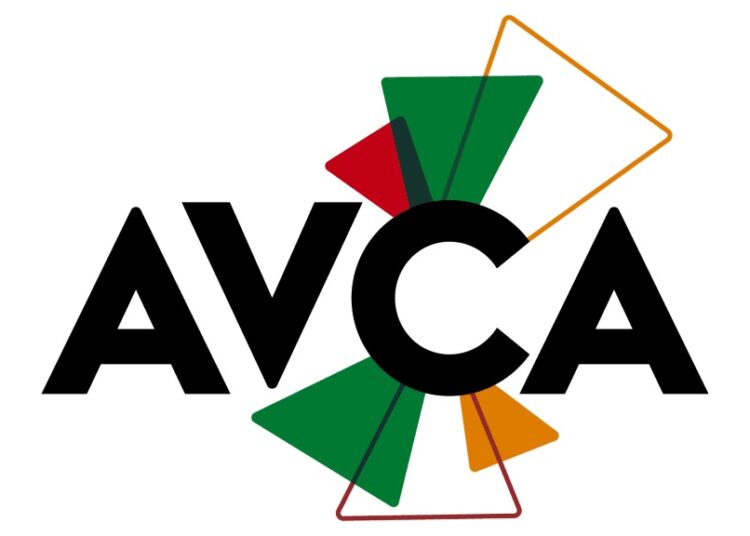The African Private Capital Association (AVCA), called for increased investment to attract the $ 2.3 trillion of domestic capital in Africa that needs to be unlocked.
This was stated at the AVCA 20th Annual Conference & VC Summit in Johannesburg, with the ‘embracing change and shaping the next era of Africa’s prosperity’.
Institutional investors, fund managers, policymakers, global and local investors and entrepreneurs opened the major international gathering, convening 700+ private capital leaders from over 60 countries to align on strategies to power the next 20 years of Africa’s growth.
Speaking, chief executive officer, AVCA, Abi Mustapha-Maduakor introduced the flagship forum by noting that, despite a challenging macroeconomic environment in recent years, Africa’s private capital industry has remained resilient and will continue to rise.
Chairman and co-founder, Phembani Group, Phuthuma Nhleko followed with an instructive keynote address rallying private investors to back innovative businesses to drive prosperity at scale.
Calling for a new plan for the transformation ahead, he argued that, “the size of population generates 50 per cent of Gross Domestic Product (GDP). By 2050, we will have 2.5 billion Africans that constitute over a quarter of humanity, with over 40 per cent of youth below the age of 18. By this time, Nigeria’s population is expected to be bigger than the US.”
Co-founder and managing director, Alitheia Capital, Tokunboh Ishmael described the exponential growth witnessed throughout the second decade of private capital expansion in Africa.
Despite clear signs of progress involving the increase in fund managers and assets under management (AUM), industry titans including Wale Adeosun, Founder and Chief Executive Officer, Kuramo Capital Management and Vincent Le Guennou, Chief Executive Officer, Africa50’s Infrastructure Acceleration Fund, aligned that Africa’s private capital industry remains a nascent ecosystem with immense potential.
Founder and chief executive officer, Kuramo Capital Management, Wale Adeosun said on the benefits of bringing institutional investors from the U.S into Africa.
Chief executive officer, Africa50’s Infrastructure Acceleration Fund, Vincent Le Guennou proposed that the traditional private equity model replicated in the continent needs to be adapted and advocated for proactive efforts to attract the $2.3 trillion of domestic capital in Africa that needs to be unlocked, saying, this needs to be a key objective for the next 10 years.
Also, the Pension funds in Africa were highlighted as a vital source of capital to diversify funding and bridge the finance gap. The partner and chief operating officer, Joliba Capital, Dieynaba Kamara expressed that most pension funds needed ‘education on investing in private equity as an asset class’, especially in Francophone Africa where pension funds prioritise hard assets such as real estate.
Director and head of Funds Solutions, British International Investment, John Owers said, ‘a functioning private capital ecosystem needs to provide options for exits for Limited Partners (LPs), and that is what the secondary market does.’





